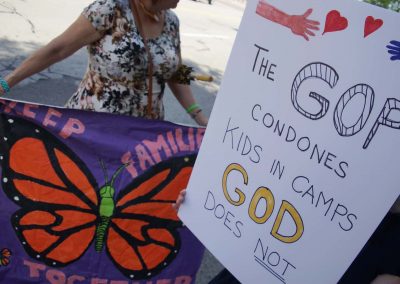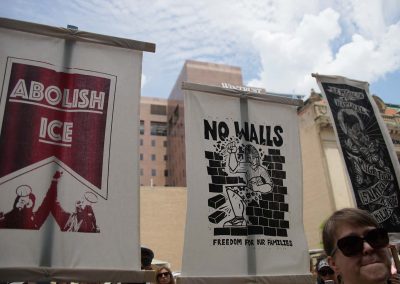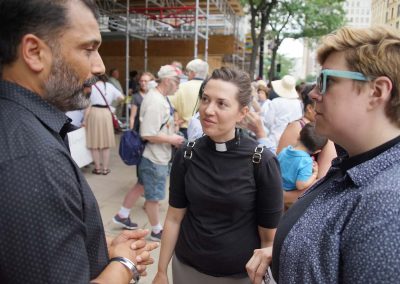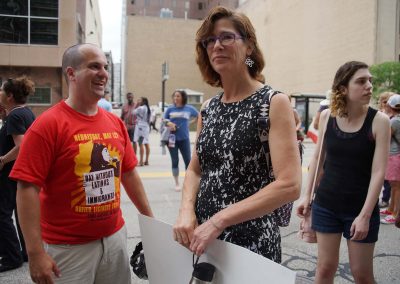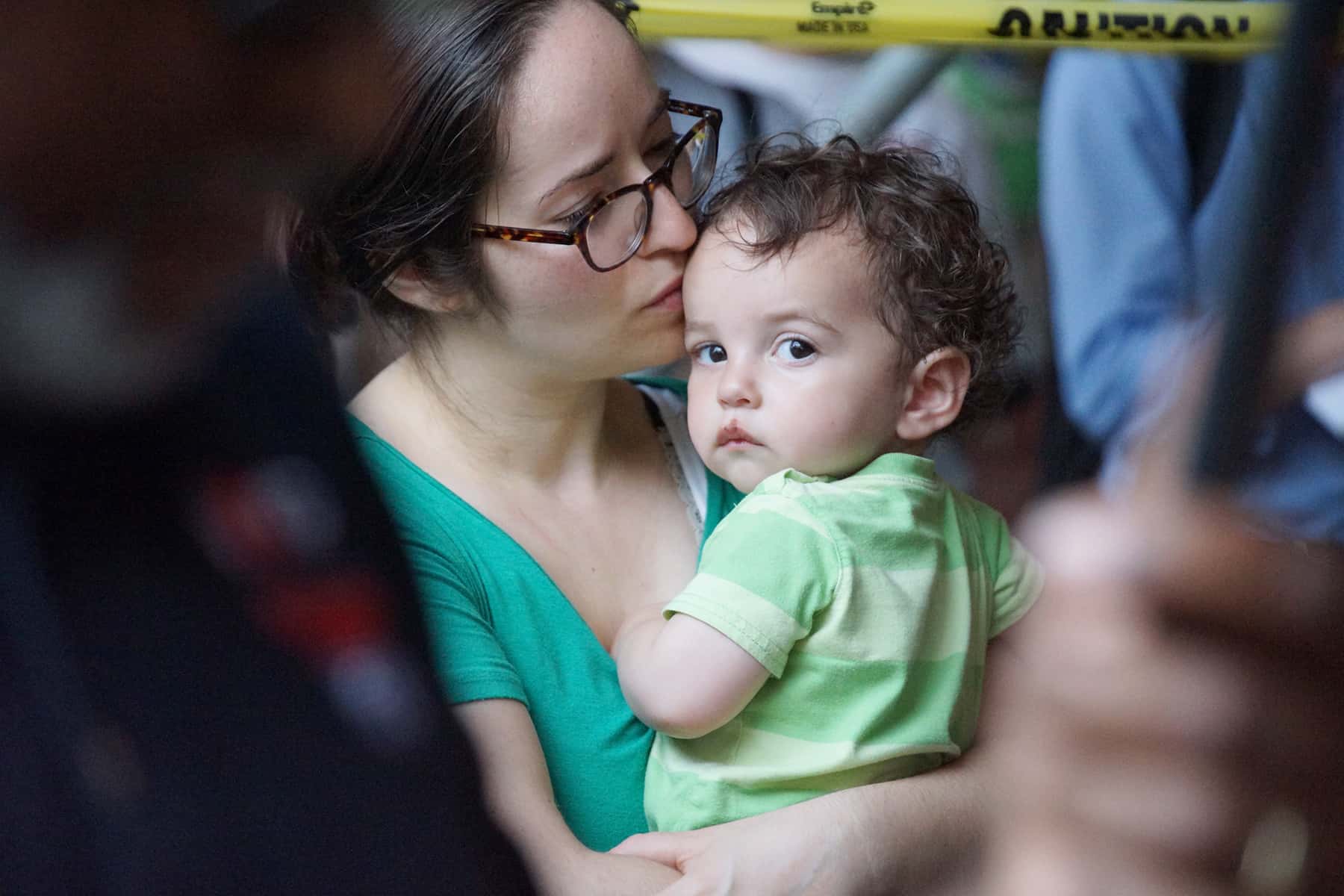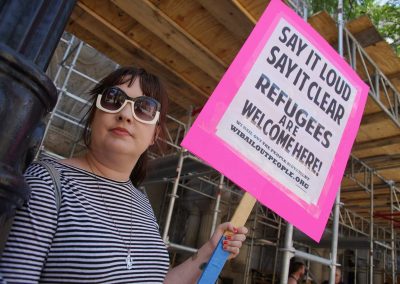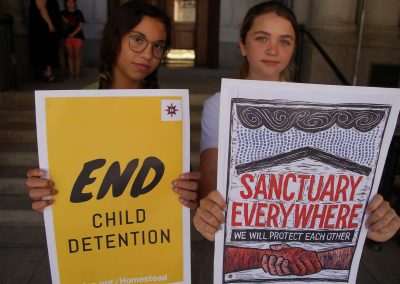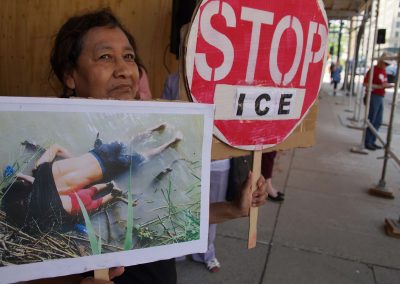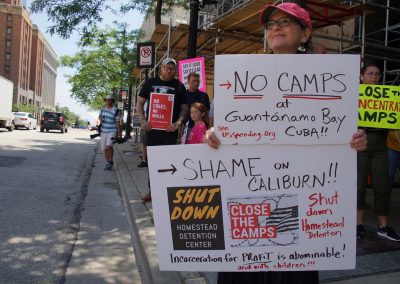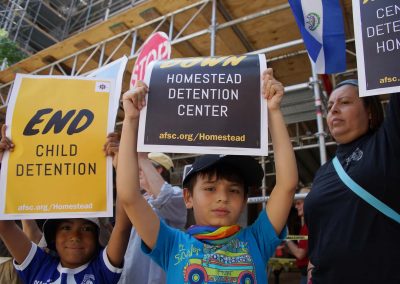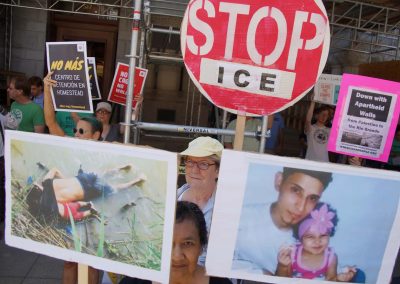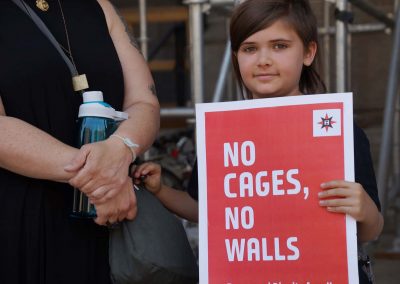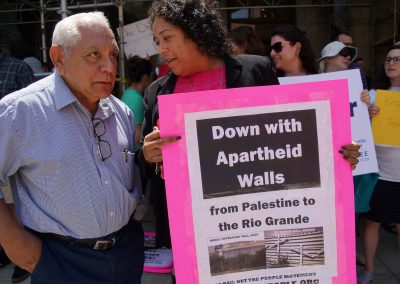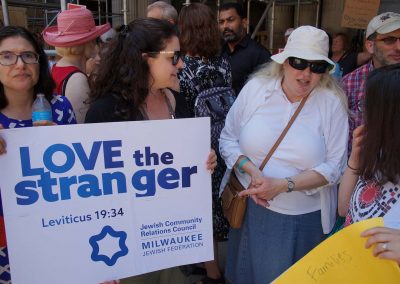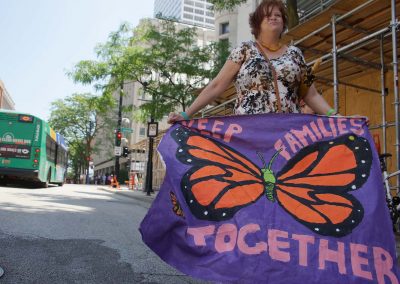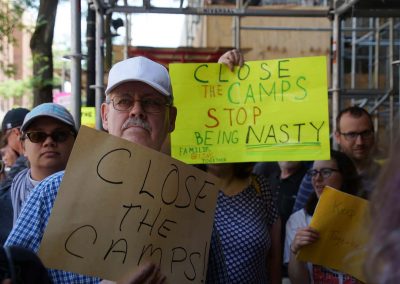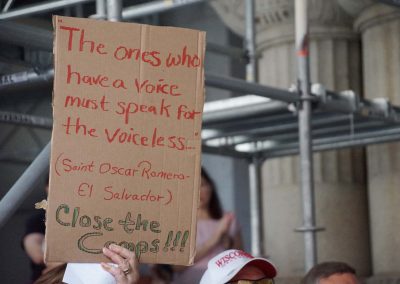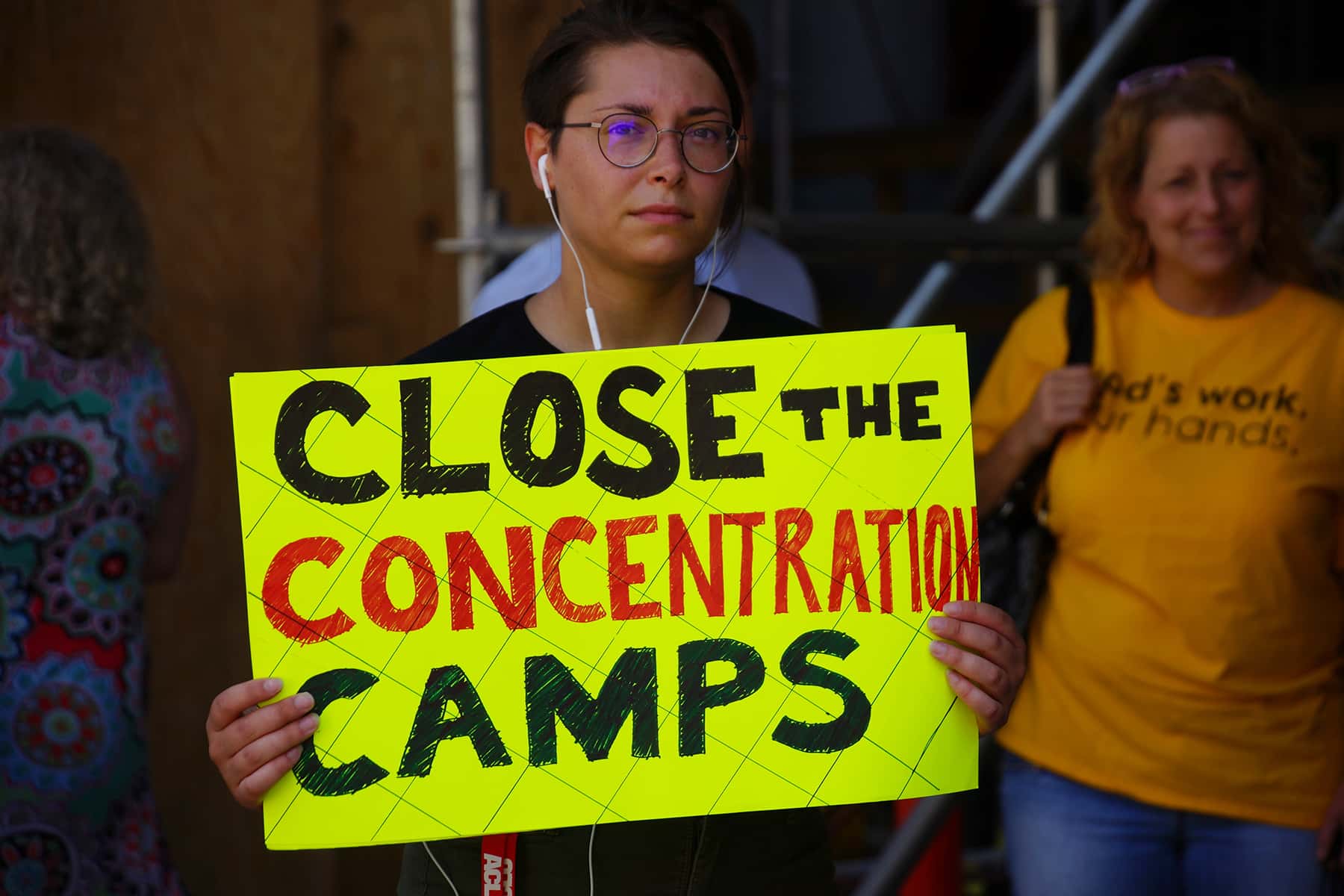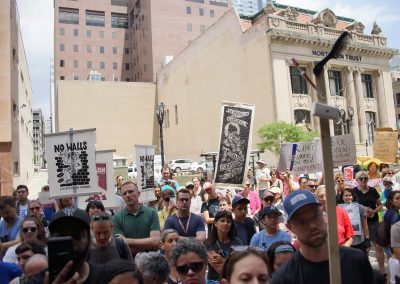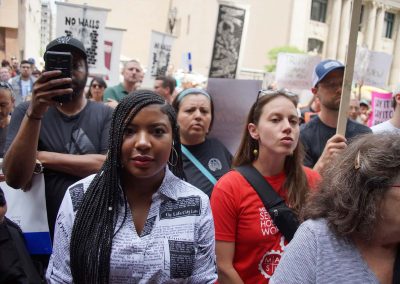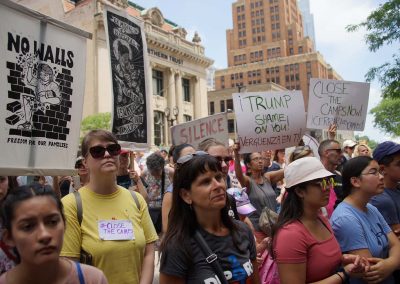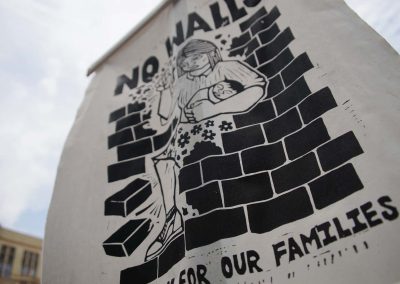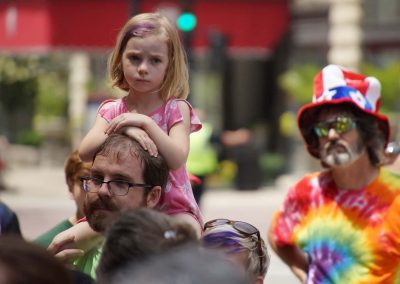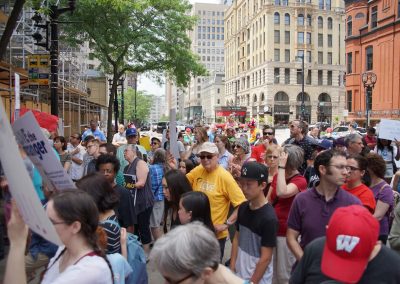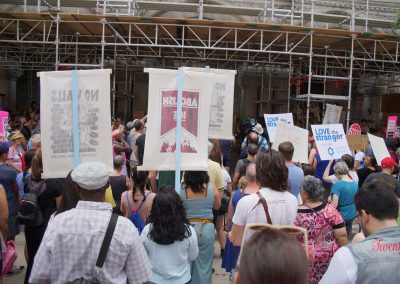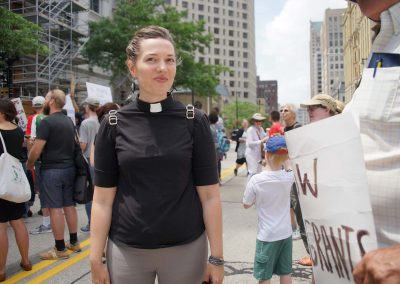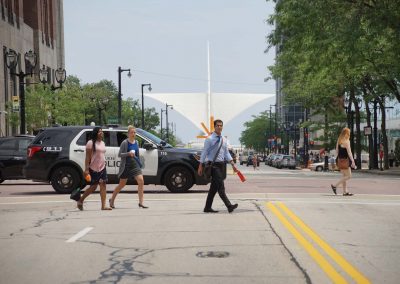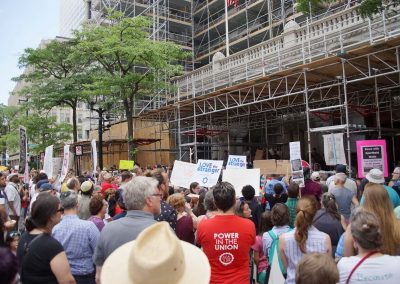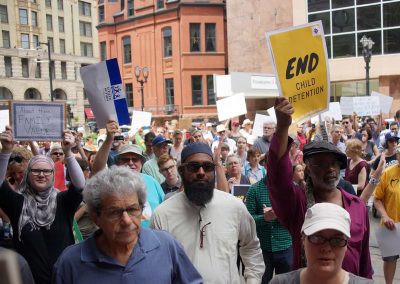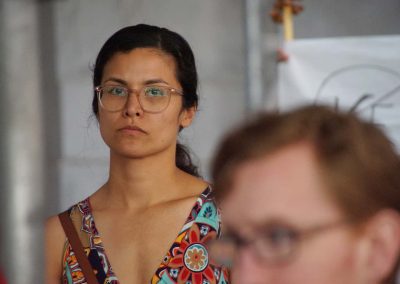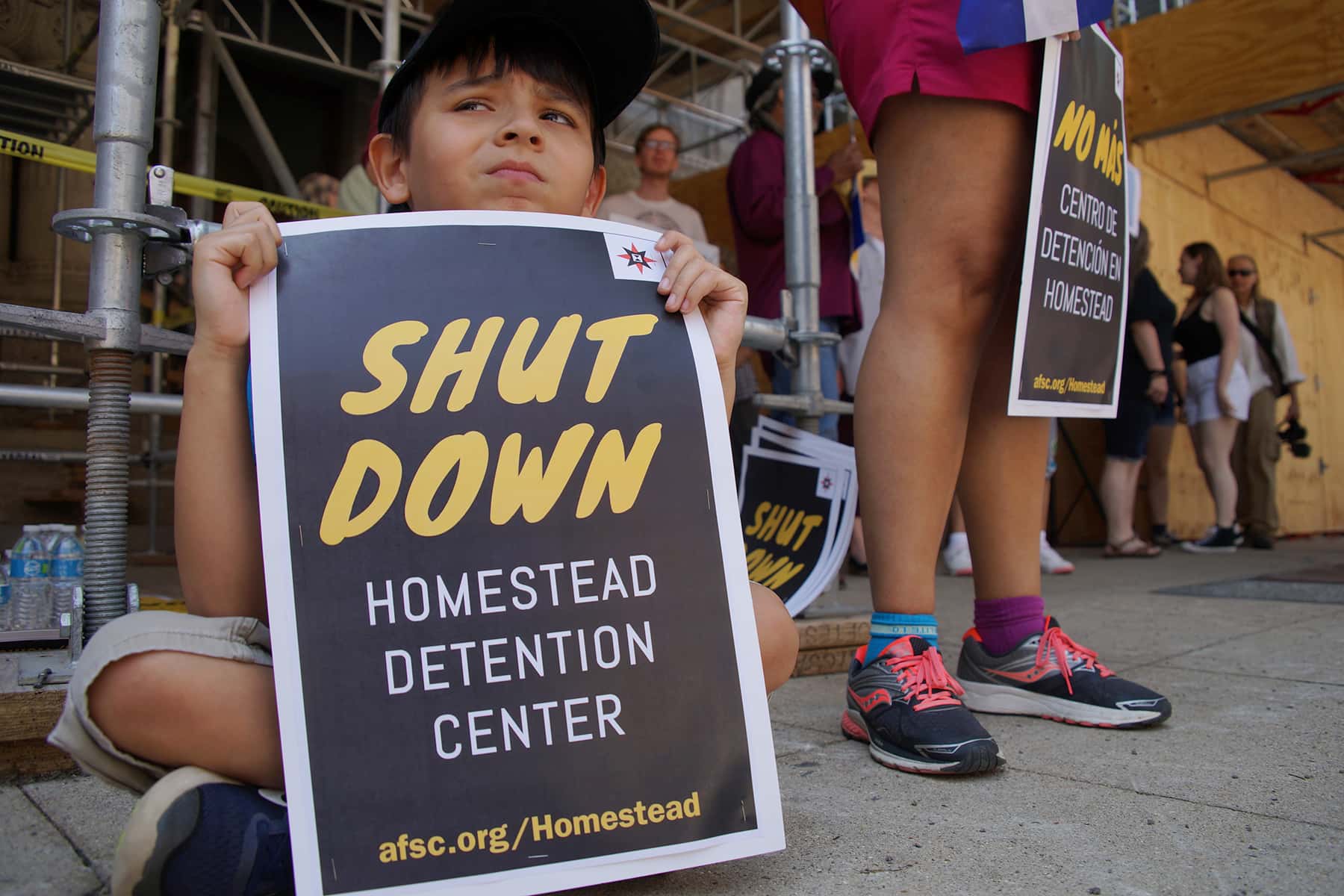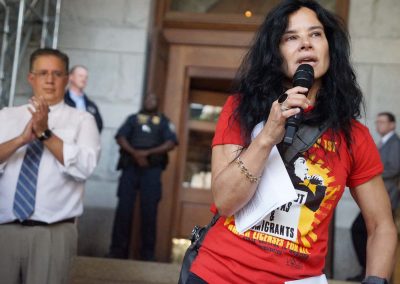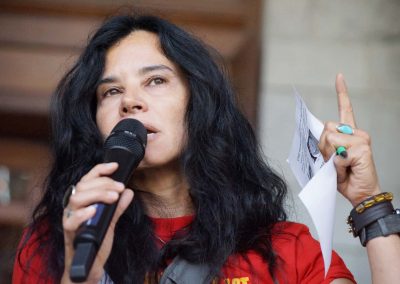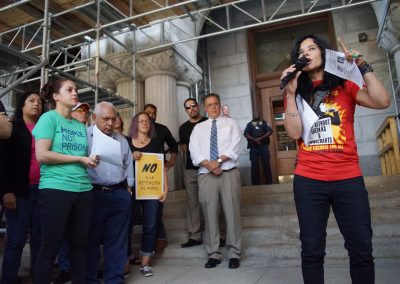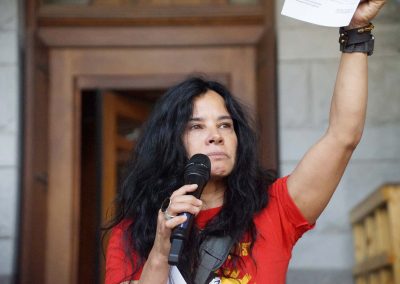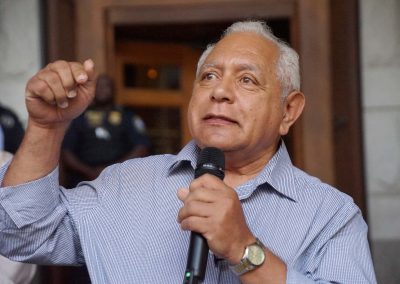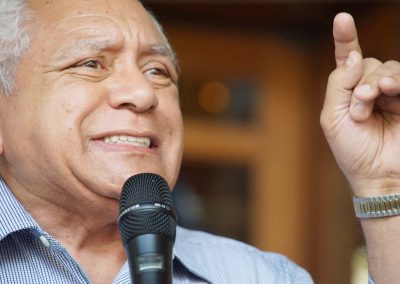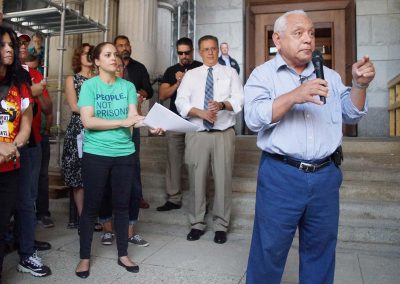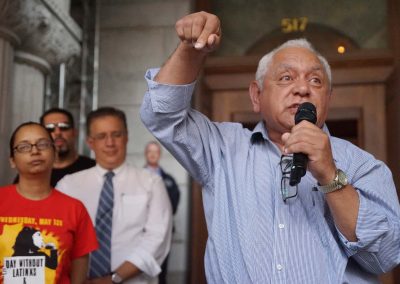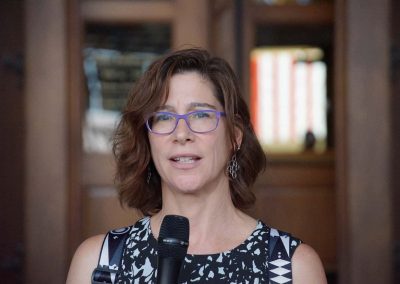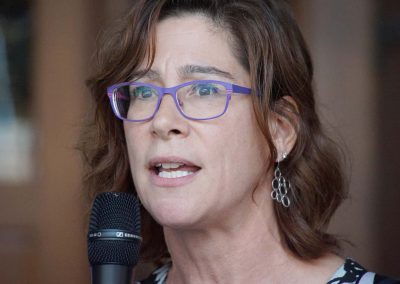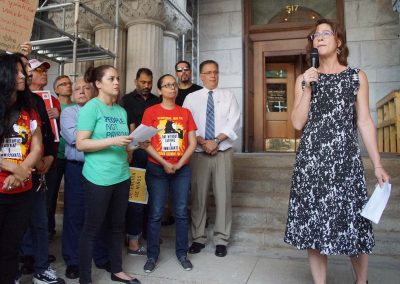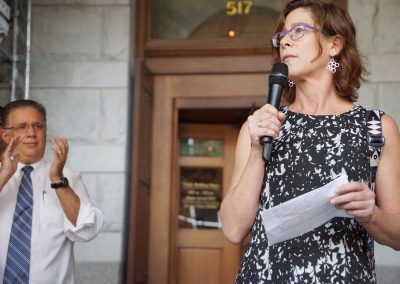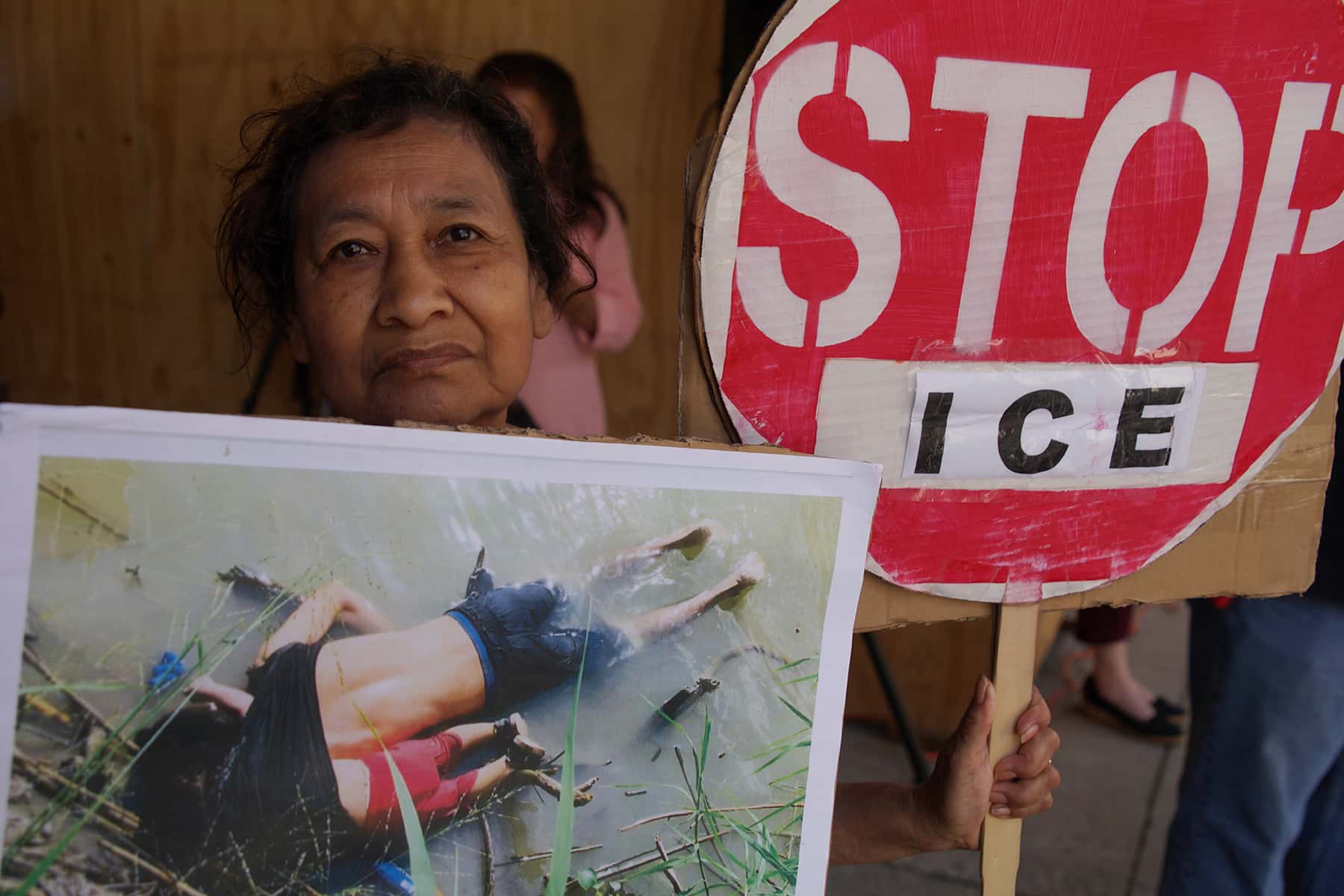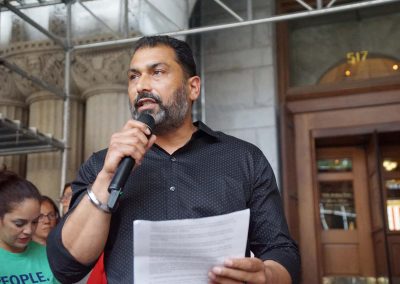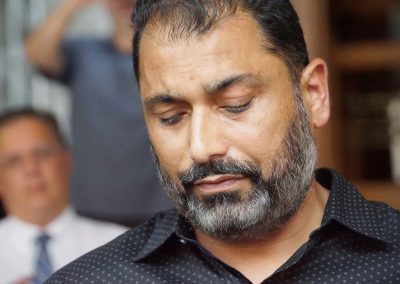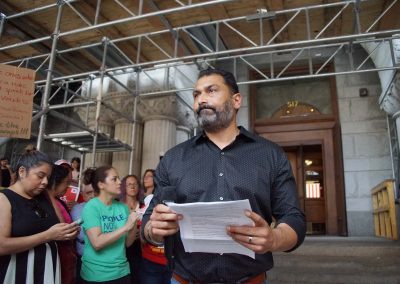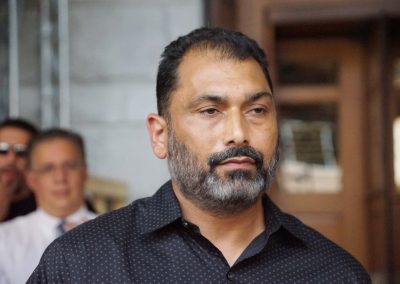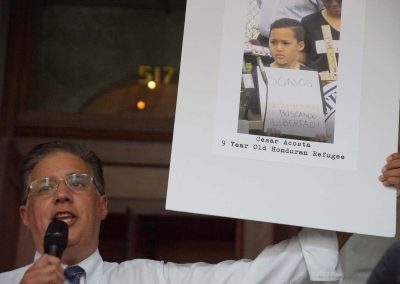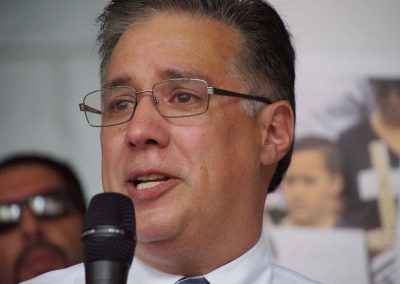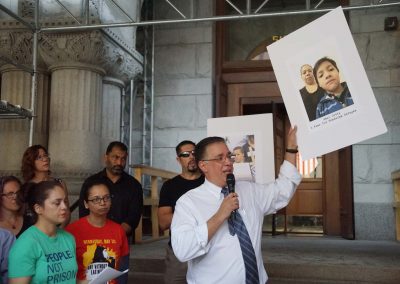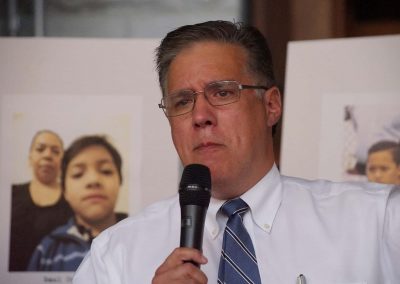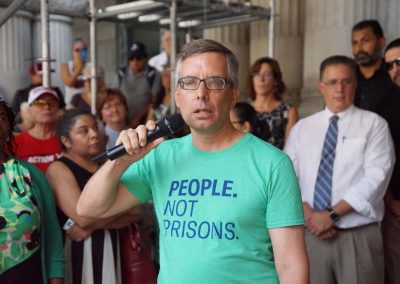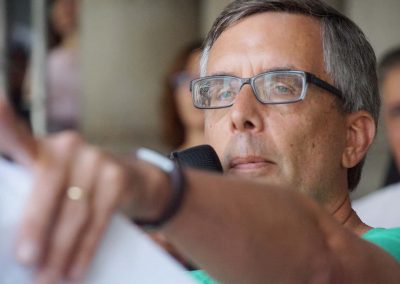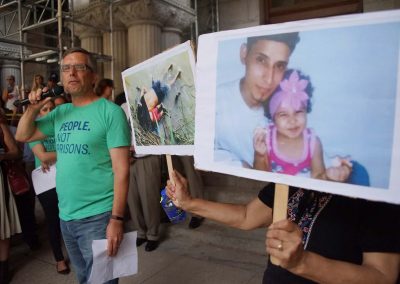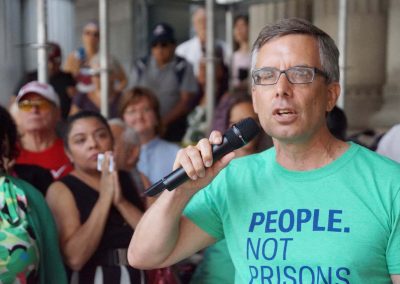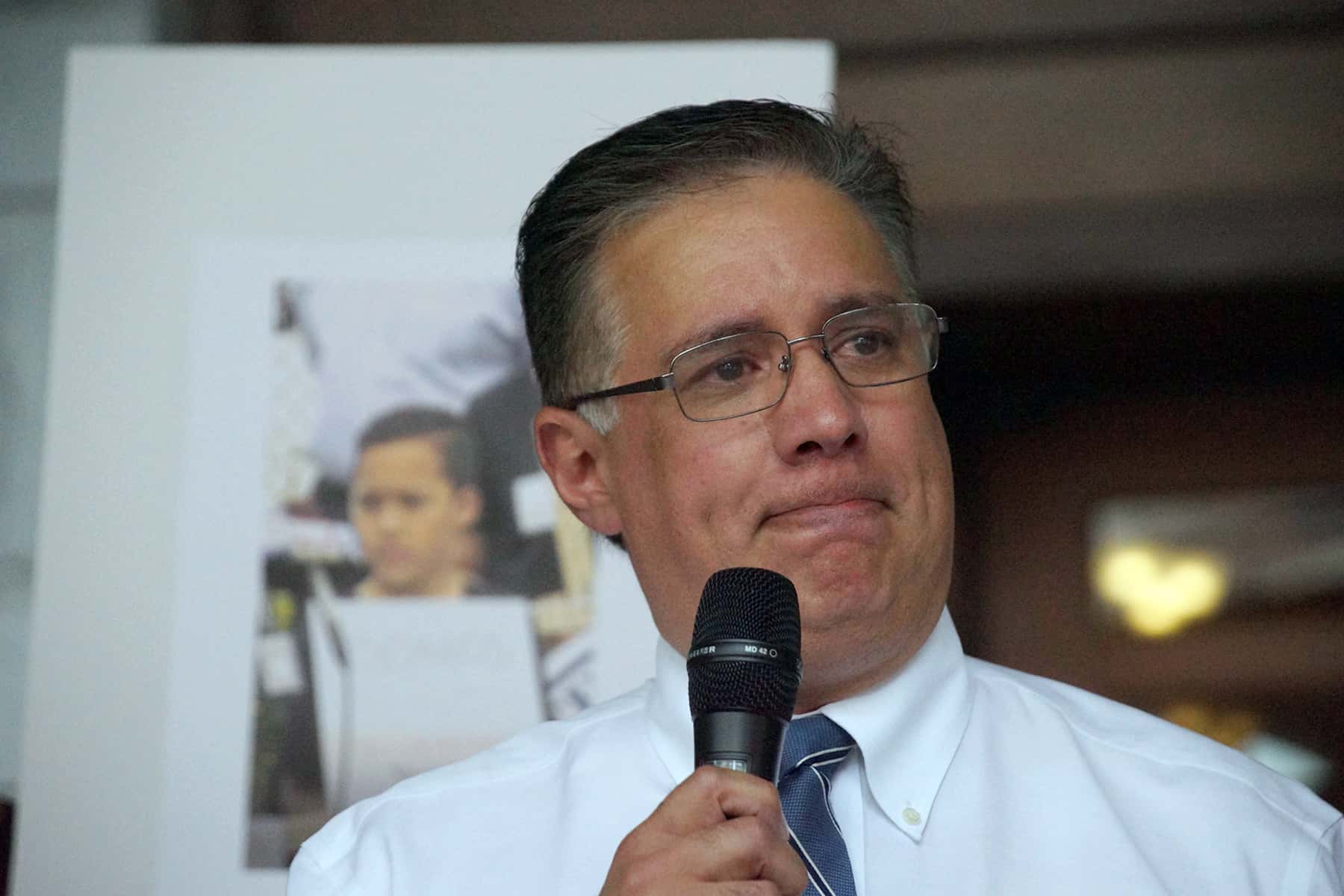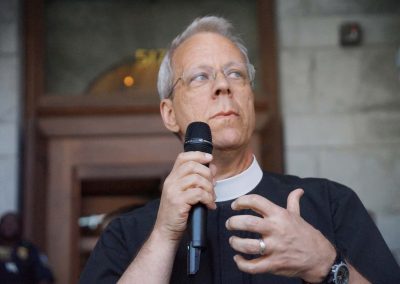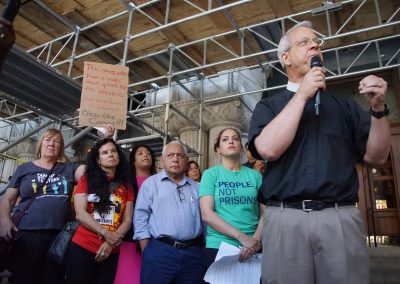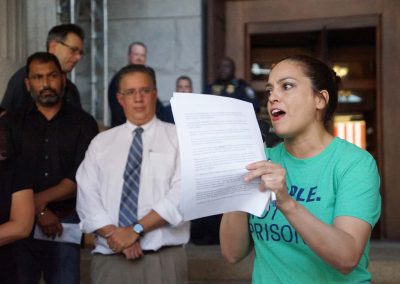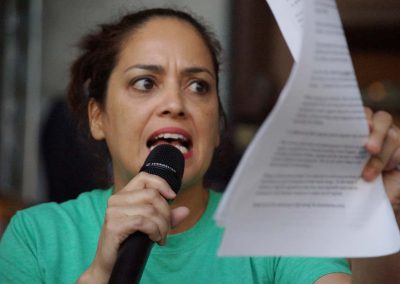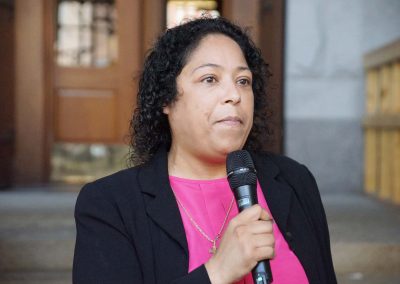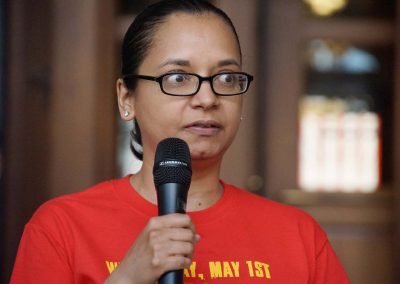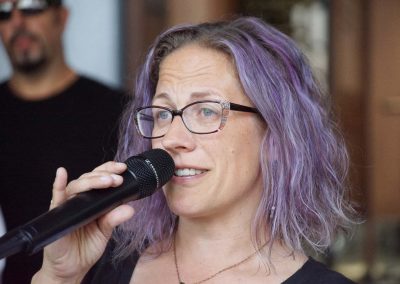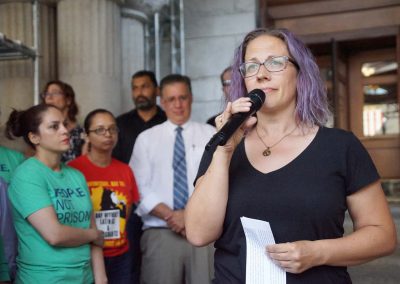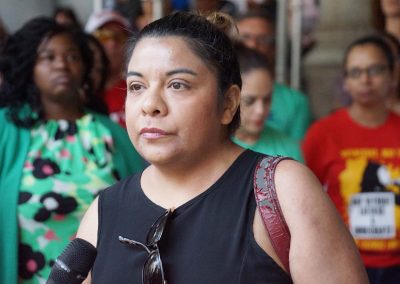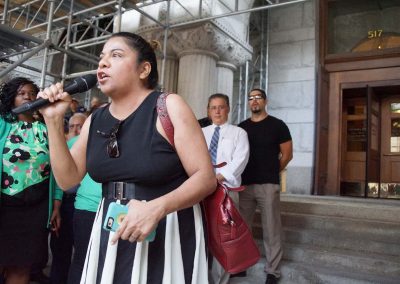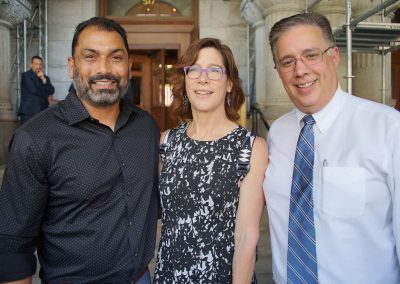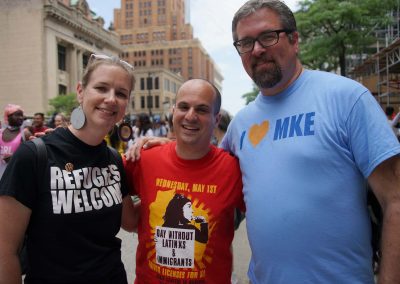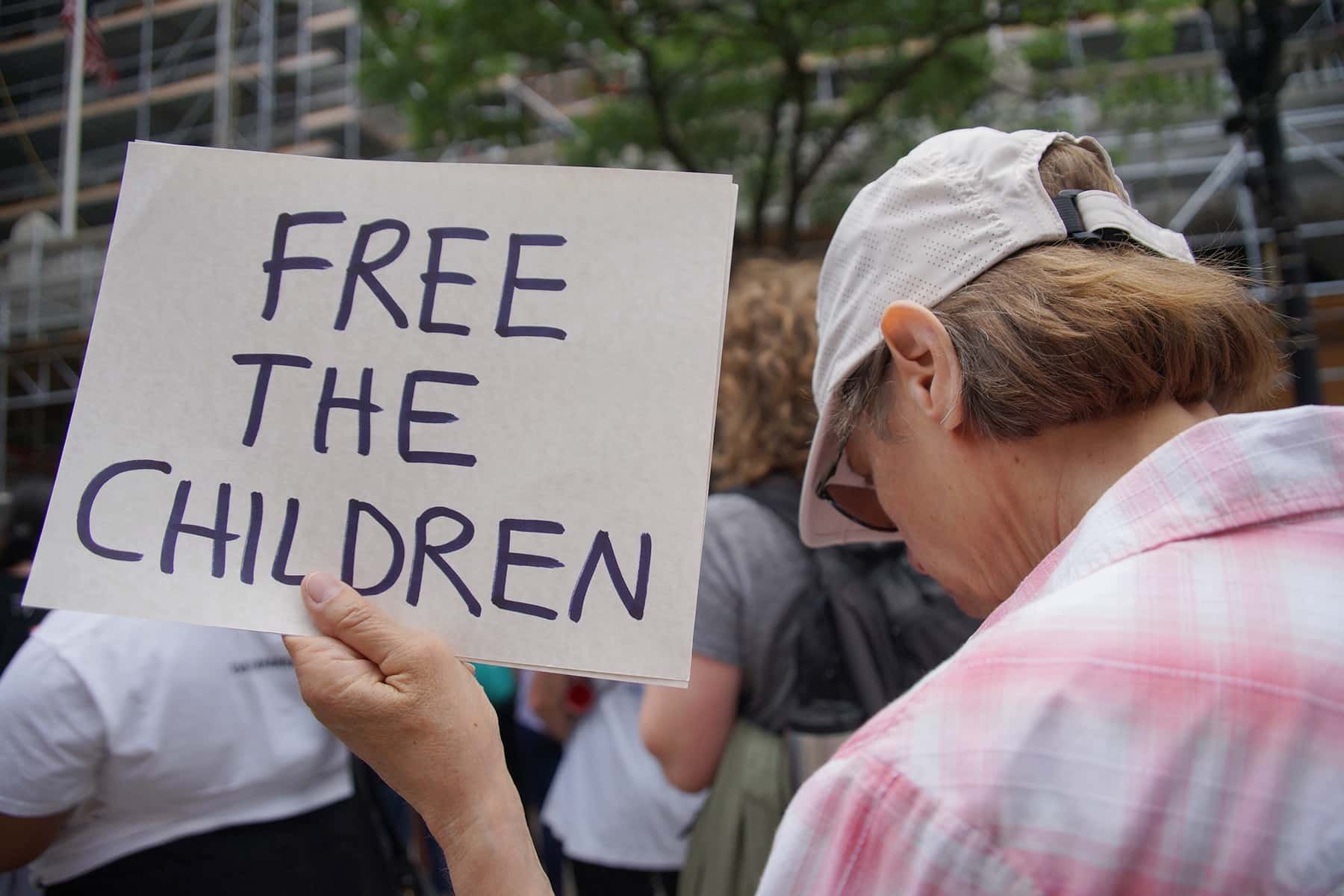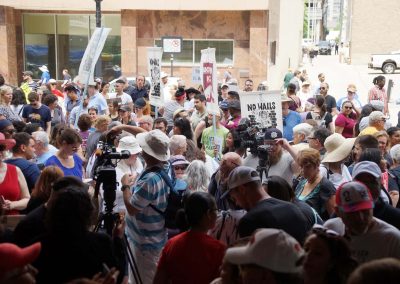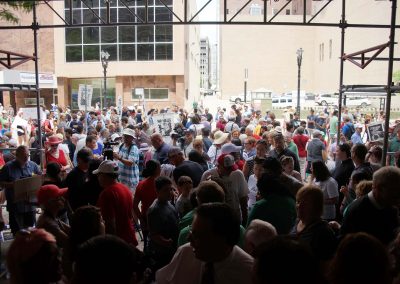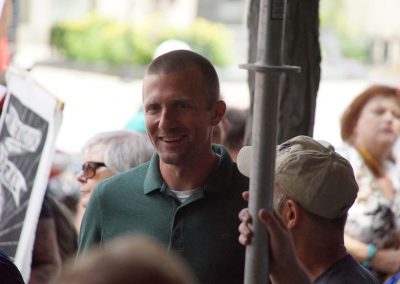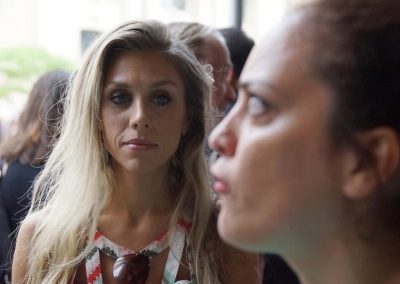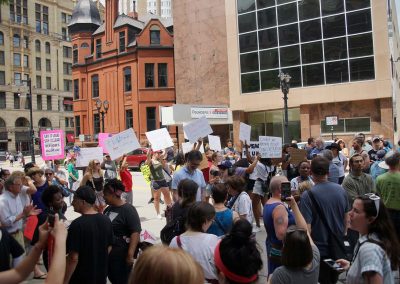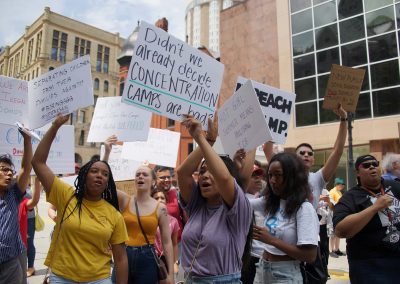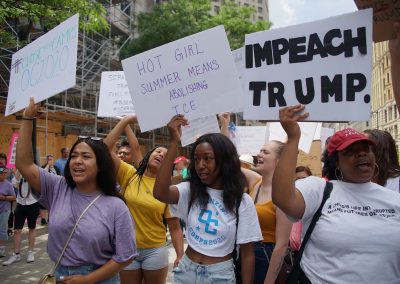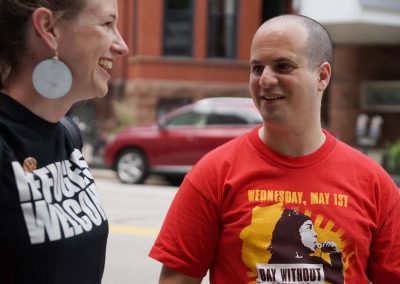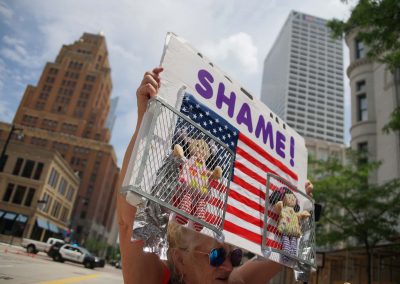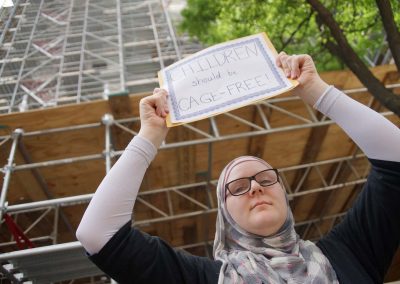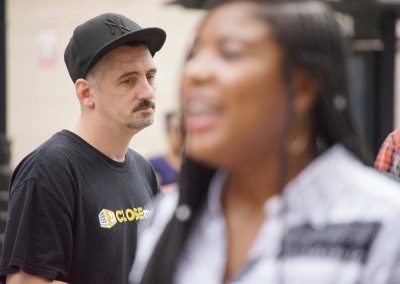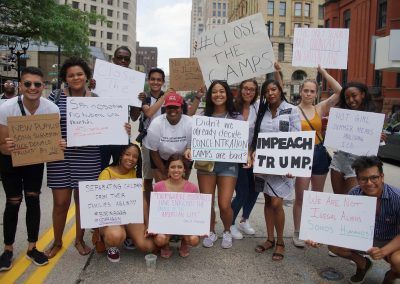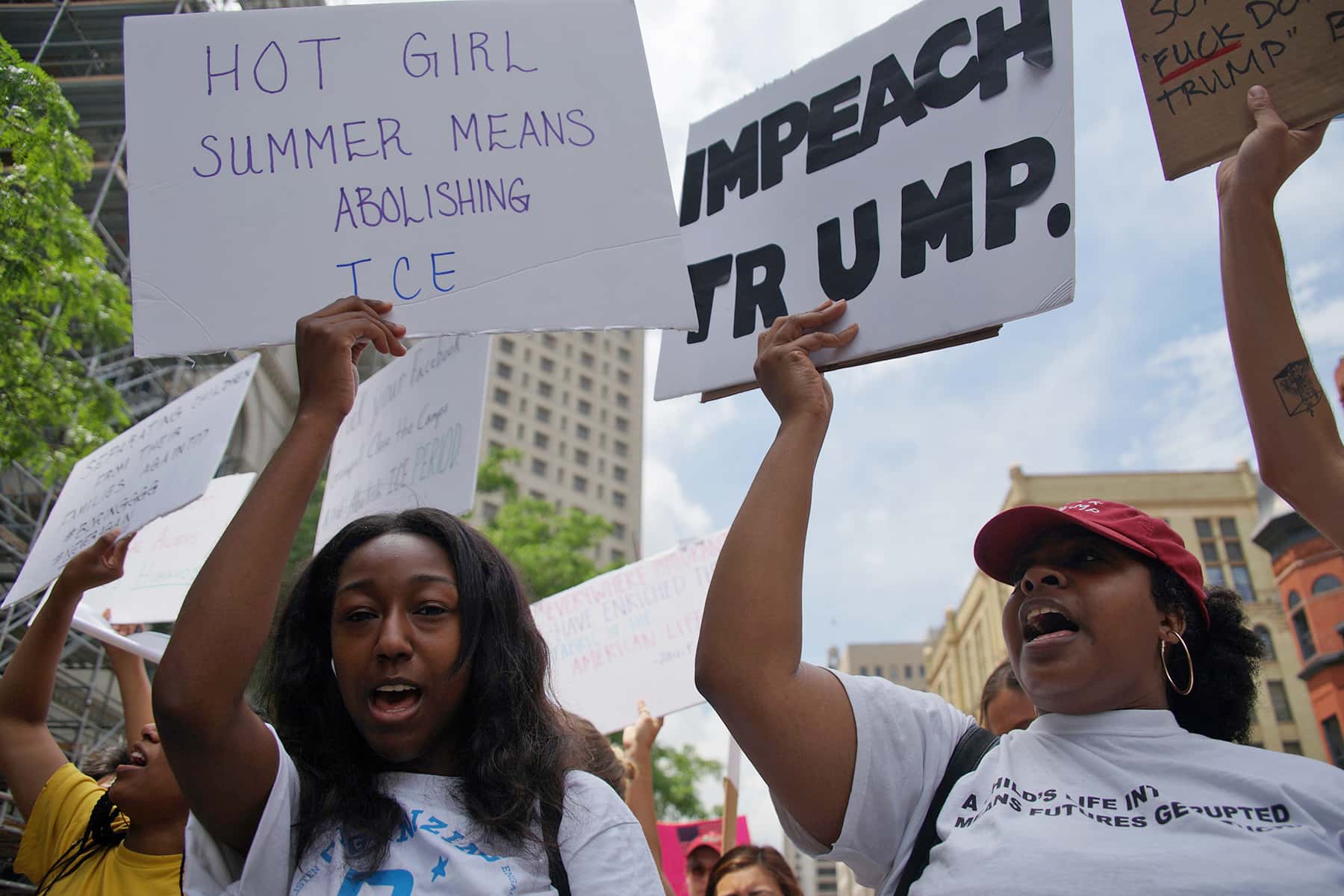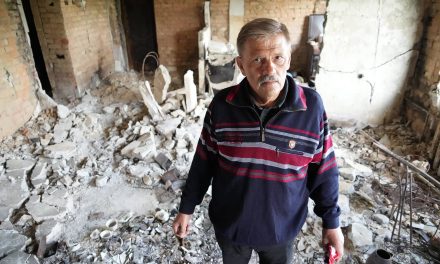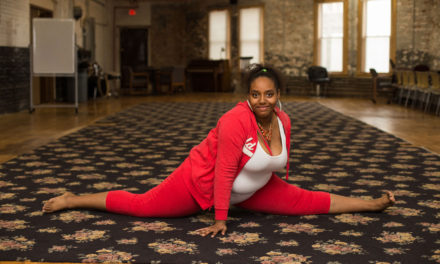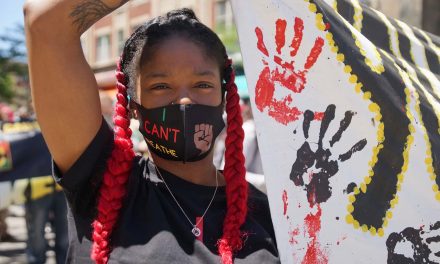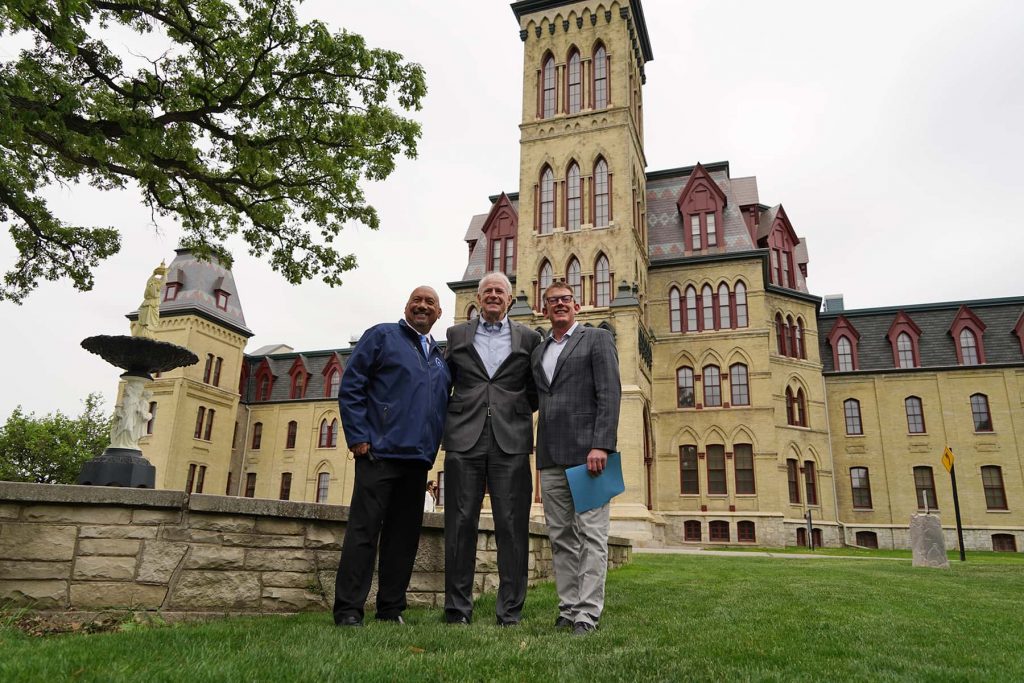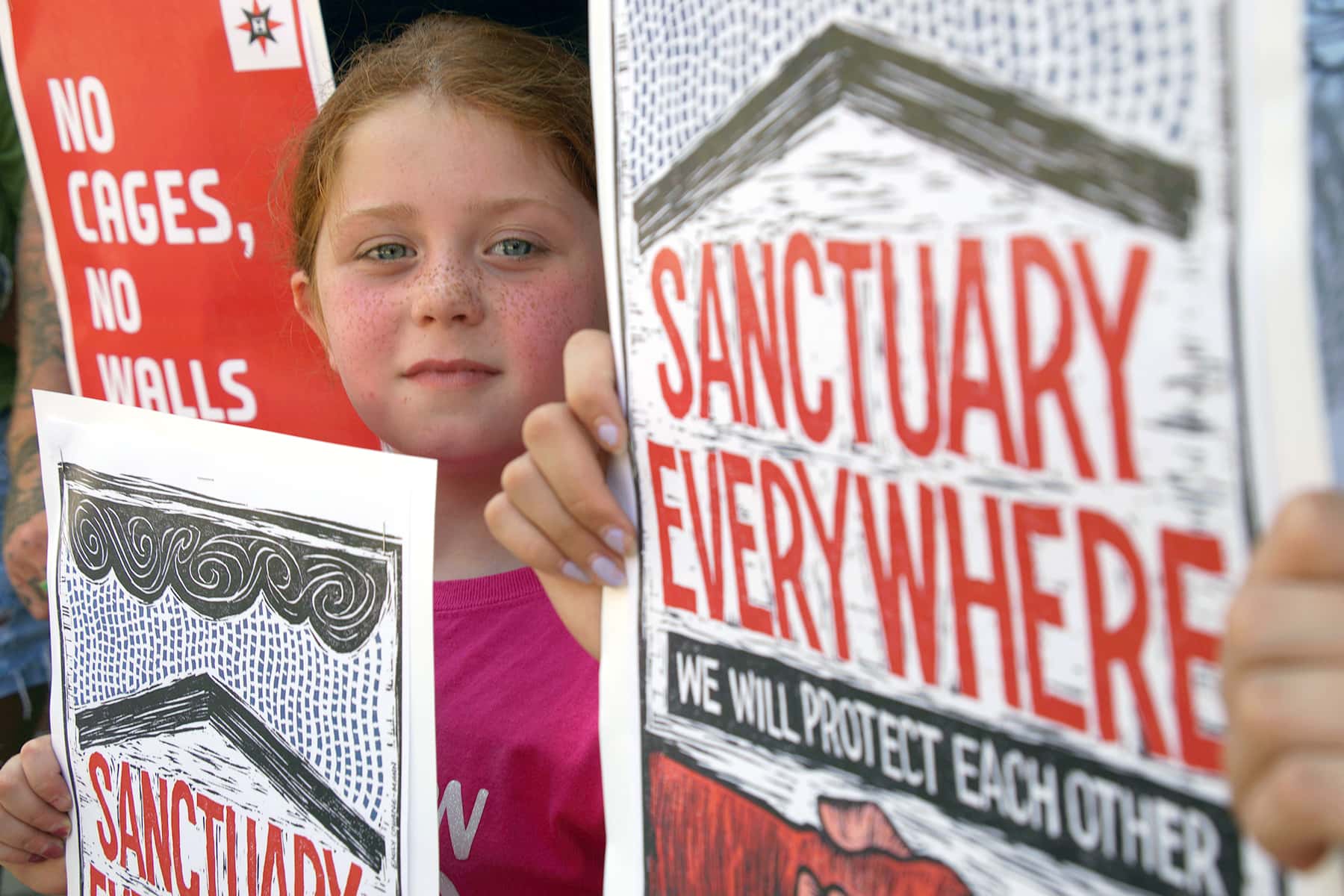
The journey of many immigrants is one that longs for opportunity. On this 243rd Anniversary of Independence, I reflected on what opportunity really means; past, present, and future.
Yesterday morning, July 4, I woke to invitations for attending parades, television programming around our collective patriotism, and wishes for a Happy Independence Day. As I drove around, I noticed many engaged in a prideful remembrance of the stars and stripes, the red, white, and blue, and everything that could be barbecued.
Many would agree that we currently live in a Divided States of America. However, what happens when you – yourself – feels divided? It is similar to when you love someone while knowing that same person may not truly love you back. I believe that many of us from time to time have engaged in these types of one-sided relationships.
Social scientists call this unrequited love, a type of love that “is characterized by mutual incomprehension.” These types of relationships are full of mixed messages, guilt, humiliation, decline of self-esteem, and maybe even shame. One of the primary symptoms is when the rejected puts the rejector on a pedestal, believing the demeaning projections made to the rejected.
What happens when entire communities are asked to engage in these types of relationships of unrequited love?
It continues to harm both the rejected and the rejector. Today, the harm of unrequited love is driving the inhumane treatment of migrant children and families at our southern borders. Over the past few weeks, the images, stories, personal narratives, and reports of children being abused and neglected has pierced the consciousness of many Americans.
The allegations of sexual assault in these detention facilities disturbs the soul, and the trauma of child separation caused an unnerving reflection of past historical sins unfolding right in front of our eyes. Yet for some, the details of these injustices coming to light are either inconvenient or did absolutely nothing to move them.
I thought about the divisions within our country, and if this division was one about those who care and those that don’t. Human beings who exist on the spectrum of empathy and apathy. Could it be this simple? And if it is this simple, why don’t people care, and what can we do to make America care again?
It was with this in mind that members of the Milwaukee community spoke up at the “End Child Detention Rally” on July 2 at the Federal Building. The simple hope we have always had and will continue to hold is that people see themselves in one another. I fear that if we do not at least have this spiritual foundation, then we can not navigate the looming challenges of population, migration, resources, and climate concerns.
Without love, we will not only fail ourselves but we will fail future generations who will inevitable ask us, “What did you do when it was time to stand up and do something?”
It has been stated that every action is either a call for love or an act of love. A call for compassion or an act of compassion. If this is the case, then surely love and compassion are the answers to this division of our souls. Each time we take the opportunity to love and have compassion for ourselves and others, we heal and help others heal.
My grandparents came here in the years before 1920 and thank God they didn’t delay. In the early 1920s, Congress passed laws that would have likely made it impossible for them to seek shelter here. They would surely have ended up like my great grandfather, who, to the best of our knowledge, was buried alive in a stone mine in Ukraine … because he was Jewish. Neighbors gathered — many of them cheering and laughing, according to reports, to watch the 186 Jewish townspeople thrown alive to their smothering death.
We know what history says about the Nazis, but how will it judge us? In 2019, living in the Golden Land, the nation that was founded as a beacon of liberty for those fleeing religious persecution? How will we be judged for separating children from their parents, treating them as prisoners rather than asylum seekers, for storing them in subhuman conditions, in caged-in outdoor pens with barely room to sit, no beds, no toothbrushes, no showers, no soap. Some of the camps have bright lights burning bright 24 hours a day.
Will the story be told that we, in our fear and sense of scarcity, became miserly with compassion and could not see that they too are human beings, created in the image of God?
It’s time to soften our hearts and harden our stances.
It’s time to soften our hearts toward the people in these photos, to see them, to extend our compassion and empathy to them.
What kind of policies would we enact if we treated the people seeking asylum at the U.S.-Mexico border as family, our children, our parents, people for whom we are responsible, people who matter, imbued with a spark of the Divine?
My tradition commands, over and over again, to love the stranger. Because we were strangers in a strange land. The stranger, not just the neighbor, because the love of stranger is harder. Treat the people who sojourn in your land with compassion and justice, regardless of race, religion, ethnicity, and nationality.
And, my friends, it is time to harden our stances. Against this inhumanity, this abomination. We can do better. And we must.
In Judaism, as in other faiths, there is no higher obligation than to save the life of another. We cannot stay silent as our country turns its back on people fleeing danger.
Political pundits have gotten distracted by the question of what to call these camps — concentration camps, internment camps, detention camps. While there are robust arguments on both sides, the issue remains the same — these prison-like camps are unconscionable. We are arguing semantics while children are going un-fed, unclothed, unbathed – left to fend for themselves under terrible circumstances.
Let’s be clear that the term “concentration camp” is a trigger. So as we call for justice and change, let us care for people. We can do better. We must do better.
We must close the camps. Reunite children with their families immediately. And ensure that every human being who comes to our border seeking shelter is provided a fair and humane legal process.
May God help us live up to our own ideals of justice and welcome, so central to our identity that we cast them on the Statue of Liberty’s pedestal. In the words of Emma Lazarus:
A mighty woman with a torch, whose flame
Is the imprisoned lightning, and her name
Mother of Exiles. From her beacon-hand
Glows world-wide welcome; her mild eyes command
The air-bridged harbor that twin cities frame.
“Keep, ancient lands, your storied pomp!” cries she
With silent lips. “Give me your tired, your poor,
Your huddled masses yearning to breathe free,
The wretched refuse of your teeming shore.
Send these, the homeless, tempest-tost to me,
I lift my lamp beside the golden door!”
– Elana Kahn, Director of the Jewish Community Relations Council of the Milwaukee Jewish Federation
Milwaukee residents joined tens of thousands of Americans across the nation at #CloseTheCampsNow protests, to demand that the Trump administration close the concentration camp-like detention centers that are holding migrants seeking asylum under inhuman conditions. These images highlight moments from the local protest, along with a live recording of the speakers.
- Interfaith leaders block access to Milwaukee ICE Office in protest of raids targeting families
- Milwaukee faces moral crisis as voices share the heartbreak of Trump’s immigration policy
- Rally at Homeland Security office seeks end to indefinite imprisonment of families
- Wisconsin National Guard to participate in Federal actions to separate families at Mexican boarder
- Milwaukee families face separation and deportation as Speaker Ryan stalls DACA legislation
- Politicians and supporters of DACA arrested in Racine while fighting for Dream Act
- Trump ends DACA and Milwaukee leaders react with outrage to its impact
- End of DACA proves white society hoards the American dream
Lee Matz

